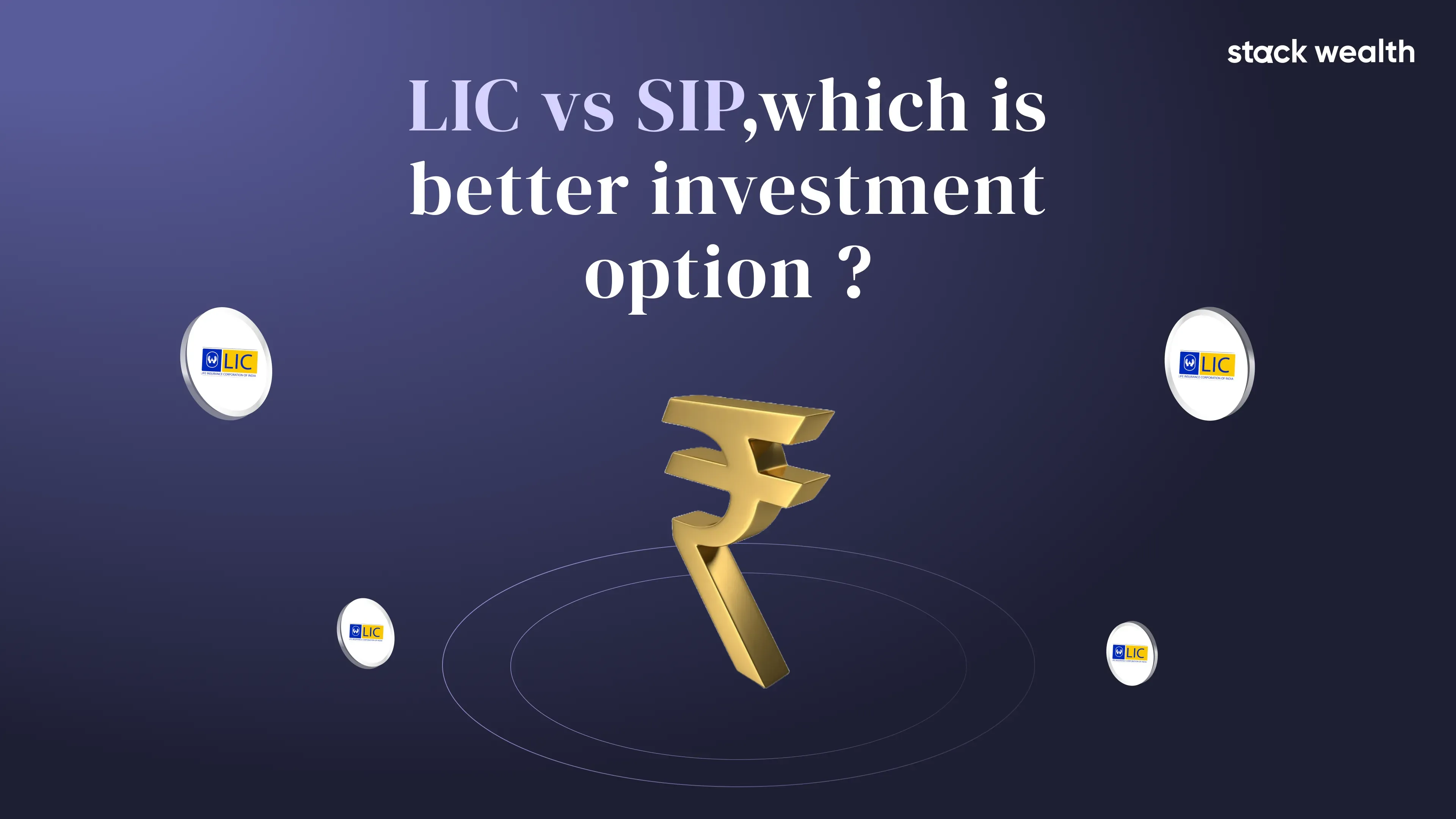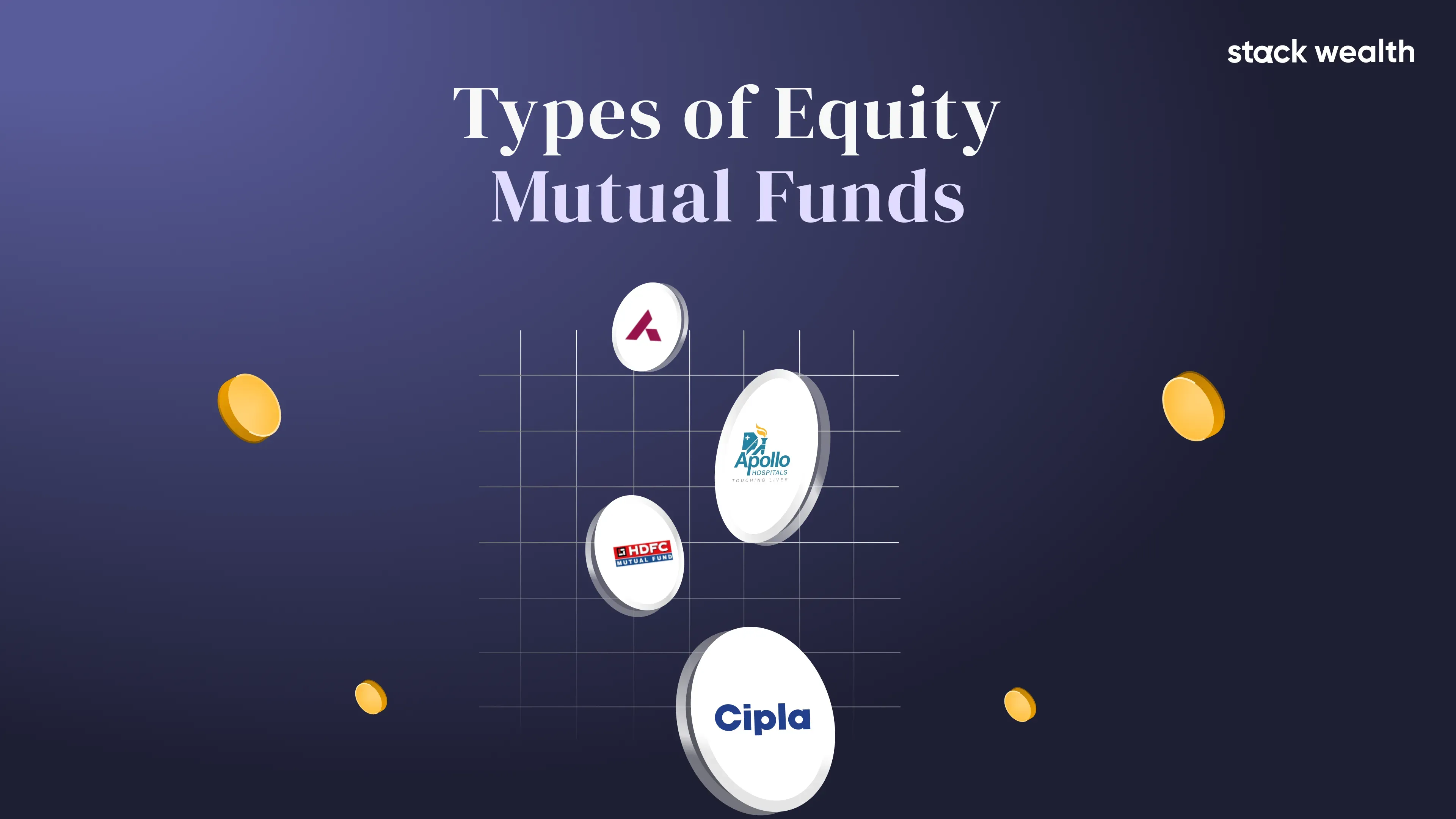Sectoral Funds
Sectoral funds are the type of mutual funds that invest primarily in a specific sector of the economy, such as technology, healthcare, or energy. These funds aim to maximise returns by leveraging sector growth, making them ideal for investors with high-risk tolerance and sector-specific market knowledge. As sectoral funds concentrate on one sector, they tend to have higher volatility but can also deliver substantial returns when the sector performs well.
What are Sectoral Mutual Funds?
Sectoral mutual funds invest solely in companies from a particular industry or sector. For example, a technology sector fund might invest only in companies like Infosys, TCS, or Wipro. By concentrating investments within one sector, these funds offer exposure to sector-specific growth opportunities, but they also inherit the risks linked to that sector’s performance. SEBI, the regulator in India, mandates that sectoral funds should invest at least 80% of their total assets in one specific sector.
Features of Sectoral Mutual Funds
Focused Exposure: Sectoral funds offer concentrated exposure to a particular industry, unlike diversified mutual funds, which spread investments across multiple sectors.
High Risk-High Reward: These funds are more volatile due to their focused nature, but they also have the potential to offer higher returns.
Cyclical Performance: Sector funds perform in cycles depending on market trends in the specific sector. For example, the energy sector might outperform during rising oil prices.
How do Sectoral Funds Work?
Sectoral funds pool money from various investors and invest it in companies within a targeted sector. Fund managers carefully analyse the sector to choose stocks expected to perform well. For example, a pharmaceutical sector fund will allocate capital to companies like Cipla, Dr Reddy’s, and Sun Pharma. The fund’s performance is closely tied to how well the sector does. A thriving sector can generate excellent returns, while a downturn could lead to significant losses.
Types of Sectoral Funds
Sectoral mutual funds can be broadly categorised based on the industries they focus on:
- Technology Sector Funds - Invest in IT giants like Infosys and TCS.
- Pharma Sector Funds - Focus on healthcare and pharmaceutical companies like Lupin and Sun Pharma.
- Banking Sector Funds - Invest in banks and financial institutions such as HDFC Bank and ICICI Bank.
- Energy Sector Funds - Allocate capital to energy companies like ONGC and Reliance Industries.
Advantages of Sectoral Mutual Funds
- High Growth Potential: When a sector is booming, sectoral funds can deliver higher returns than diversified funds. For instance, during the COVID-19 pandemic, pharmaceutical funds saw returns surge by over 60% in 2020.
- Focused Strategy: Investors who understand a specific sector can leverage sectoral funds to capitalise on their market knowledge.
- Inflation Hedge: Sectors like energy and precious metals can act as a hedge against inflation, as their value tends to rise when inflation increases.
Top 10 Sectoral Mutual Fund Schemes
Here are some of the top-performing sectoral funds as of 2023:
Risks Involved in Sector Funds
Sectoral mutual funds come with higher risks due to their concentrated nature. Key risks include:
Sector Volatility: If the sector underperforms, the entire fund may see significant losses. For example, the technology sector may dip due to regulatory issues or disruptions.
Cyclical Nature: Sectoral funds may perform well during favourable cycles but can see sharp declines during downturns. In 2022, technology funds saw a correction of over 15% due to global inflation and regulatory concerns.
Limited Diversification: Unlike diversified mutual funds, sectoral funds are more vulnerable to sector-specific risks like government policy changes or industry downturns.
Factors to Consider Before Investing in Sector Mutual Funds
Below are the factors to consider before investing in sector mutual funds:
- Risk Appetite: Sectoral funds are suitable for investors with a high-risk tolerance. Be prepared for volatility and fluctuations.
- Sector Knowledge: Deep knowledge of the targeted sector helps in making informed decisions. Investors should monitor sector trends, news, and policy changes.
- Investment Horizon: Sectoral funds work best with a long-term horizon of 5-7 years. Short-term investments may expose investors to cyclical downturns.
Who Should Invest in Sector Mutual Funds?
Sectoral mutual funds are ideal for investors who:
- Understand the Sector: If you have in-depth knowledge of a sector and are confident about its growth, sectoral funds may suit your portfolio.
- High-Risk Takers: These funds are best for investors with a high-risk tolerance who can weather market volatility.
- Diversified Portfolio Holders: If you already have a diversified portfolio, adding sectoral funds can help target specific industries for growth.
Taxation on Sector Funds
The taxation on sector mutual funds is similar to that of equity mutual funds. Short-term capital gains (STCG) are taxed at 20% for investments held for less than one year. Long-term capital gains (LTCG) exceeding ₹1 lakh in a financial year are taxed at 10% without indexation. For instance, if you profit from ₹ 2 lakhs on a sector fund in over one year, ₹1 lakh will be taxed at 12.5%.
Investors with a solid understanding of the industry, a high-risk appetite, and a long-term investment horizon can benefit from these funds. However, it's crucial to diversify investments and be cautious of market cycles and sector-specific volatility.
















